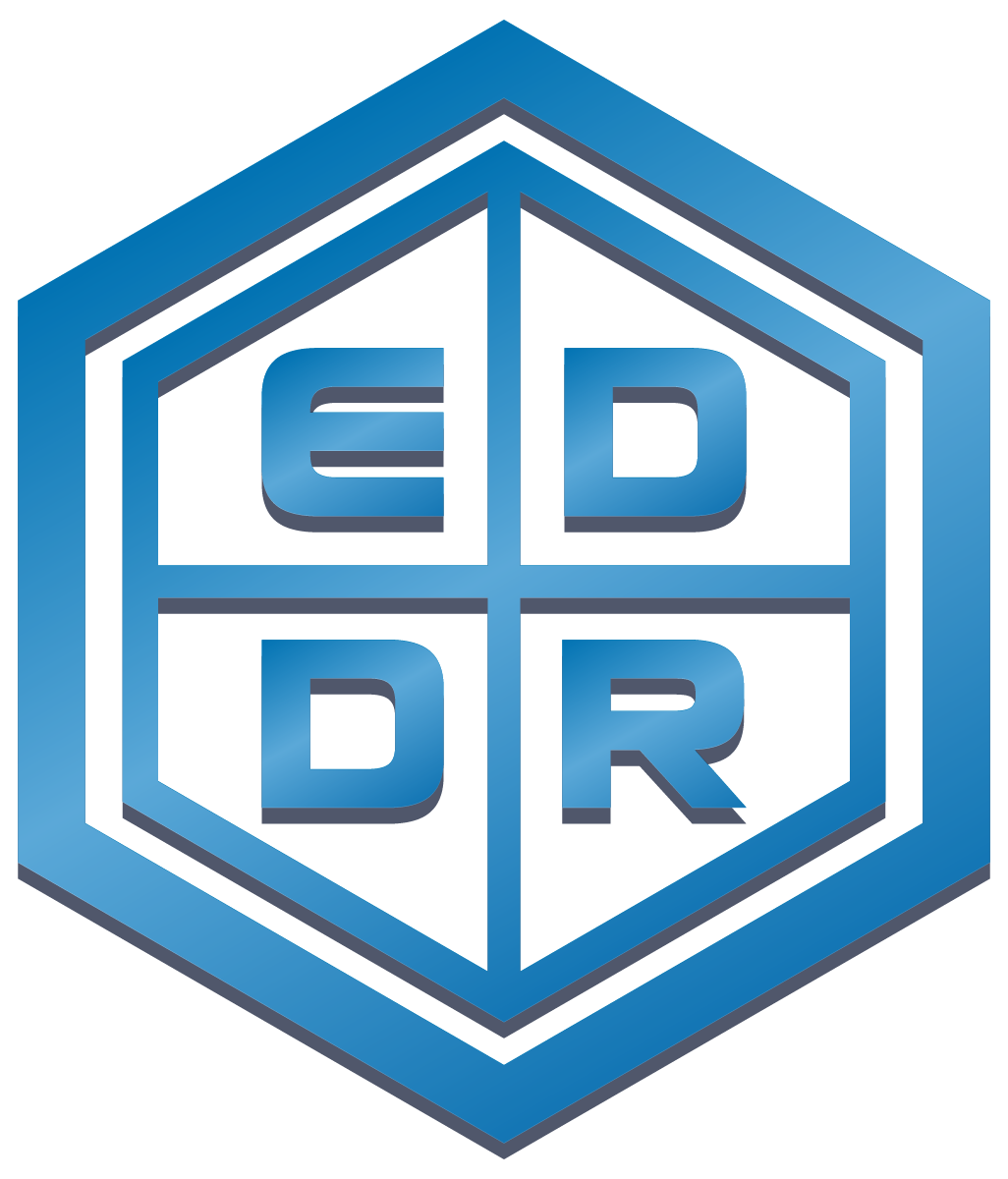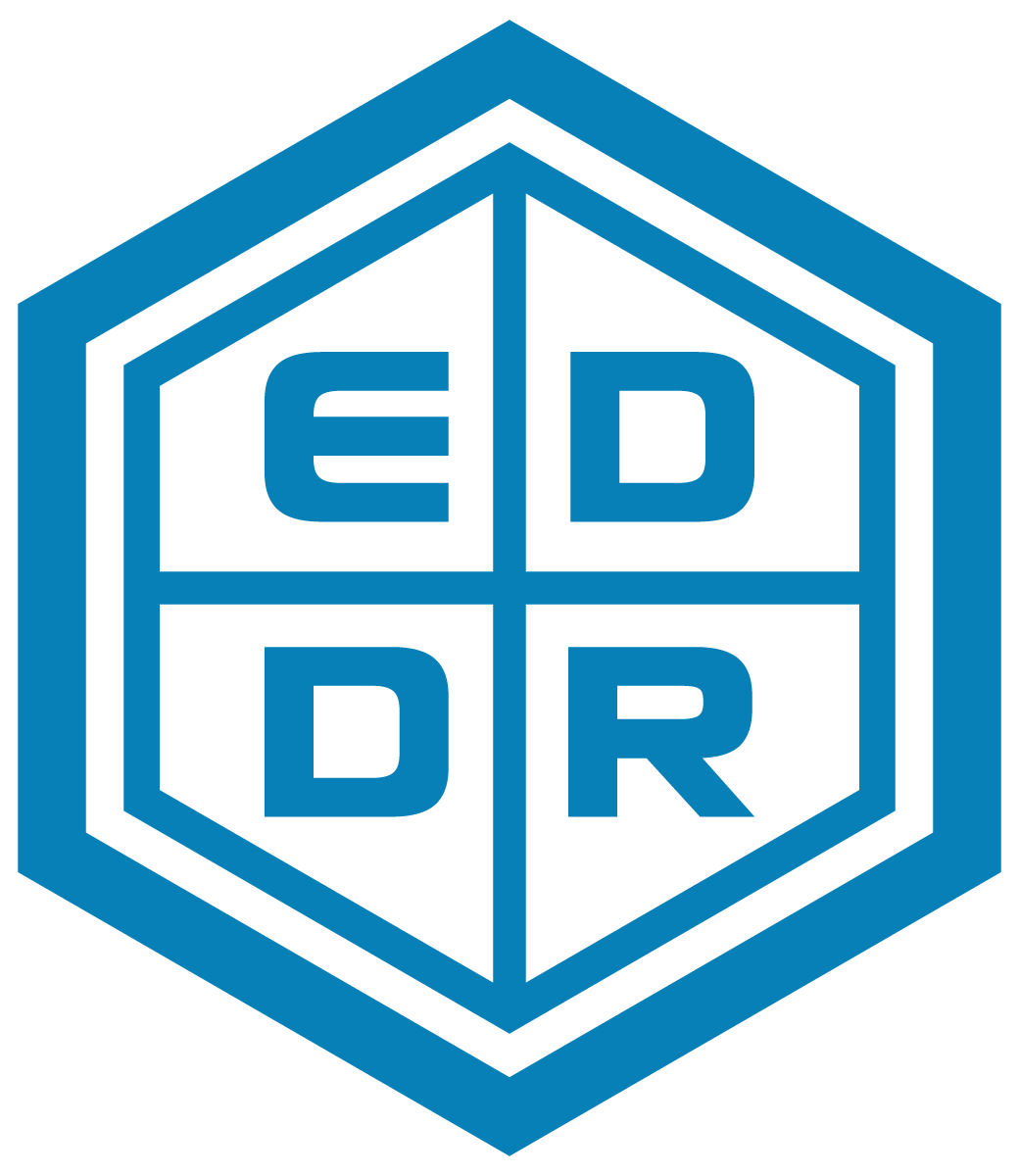What to Do When You Realize You’rethe Dog that Caught the School Bus
Thursday Aug 4, 2022 by Wendy Geller
We’ve all been there. We’ve all taken on or inherited some piece of work (ha, pun intended!) at some point in our careers, whether it be a whole workflow, a reporting product, a database, or some other data asset like a visualization. You know, the one where you think, “sure, this’ll be a bit of a lift, but I’ve got this,” and then you get into it.
You start poking around, looking for the documentation (if there is any), taking a peek at the data structure, figuring how things are connected, seeing whether the code is commented well enough for you to step through the process without ending up in an outtake of some C version of Lost, you know the drill. You’re just seeing how it’s built. Getting ready to make it better, faster, do more stuff.
And then it hits you.
This thing is way bigger/more complex/more broken than you initially thought. You realize, you’re the dog that caught the school bus. You’ve got deadlines coming up. You need this thing to work! This is a way bigger deal than you first thought…
It’s times like these when it’s very important to put what we learned in The Hitchhiker’s Guide to the Galaxy into practice. Namely, the part where it tells us “don’t panic.”
Here are some steps I’ve found helpful in situations like these. I share them here in the hopes they’ll help you too, or at least, give you the sense that you’re not alone, it can be done, and you’ve got this. Here we go:
1. No really, don’t panic.
The fact that you’ve determined the scope of effort is larger than you first discerned is a testament in itself to your caliber. You didn’t just slam through what you thought needed to get done, dust off your hands, and say “nice, on to the next thing!” You’ve taken the time to really try to figure this thing out, you’ve found that it’s bigger/more complicated/more broken than you first thought, and you’re taking a second to appreciate that before you figure out what to do about it. That’s huge. Pat yourself on the back for being a careful data scientist and caring about doing the work well.
2. Call for help.
This might seem trite, but I mean it in the sincerest way. I’ve been really stuck before and the best thing I’ve done to get unstuck was not to hammer harder, lock myself down, and just try to gut it out. It was to call for help from the people I thought could possibly support me in figuring the situation out or at least help me figure out where north was. I heard in a Ted Talk by Yves Morieux once that Jorgen Vig Knudstorp, CEO of Lego, said something like “Blame is not for failure, it’s for failing to help or ask for help.” I’ve found this to be some of the best advice I have ever heard. When I ask for help, I get unstuck faster, learn something, and get to build my relationships. What’s not to like about those things?
3. Write down what you’re doing/what you did.
I realize that documentation can sometimes feel like the last thing you want to do during or after a hard task or workflow, but I absolutely promise you that, as a process analyst friend of mine once said, if you “write what you do and do what you write” testing, troubleshooting, and iterating to make the work better will be MUCH faster than if you just muddle through to “get it done.” Plus, imagine how much easier next time will be now that you’ve built a map to guide you! Heck, you could even bring others along too next time and maybe make the work that much easier since you can share the load.
All told, it’s never fun to feel like you’ve managed to land in the very middle of a dumpster fire. But, for what it’s worth, when I’ve double-down on my fundamentals, resisted the (very strong) temptation to just slam through the work to get it off my desk, and reached out to others by asking for help, I’ve improved my experience of making order out of the work, executing it, and taking a shot at improving it for next time. It usually takes me a few cycles to get something to where I want it to be, but invariably, when I ask for input and document what I’m doing, things usually start to look brighter. I hope they will for you too the next time you feel like you’re the dog that caught the school bus like I often have.

